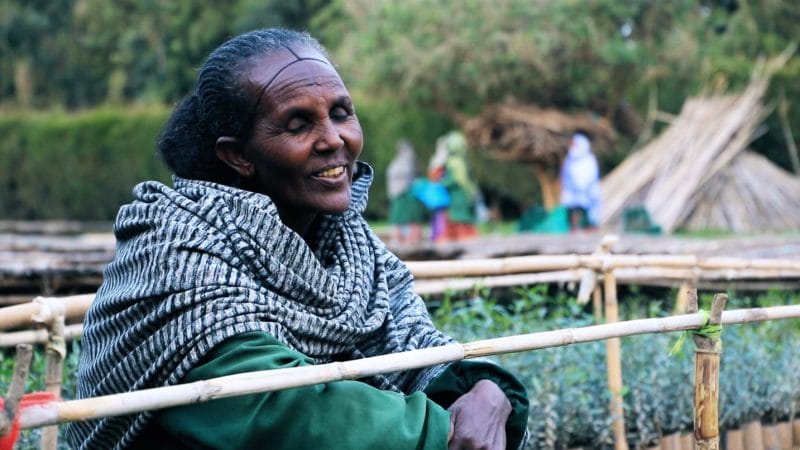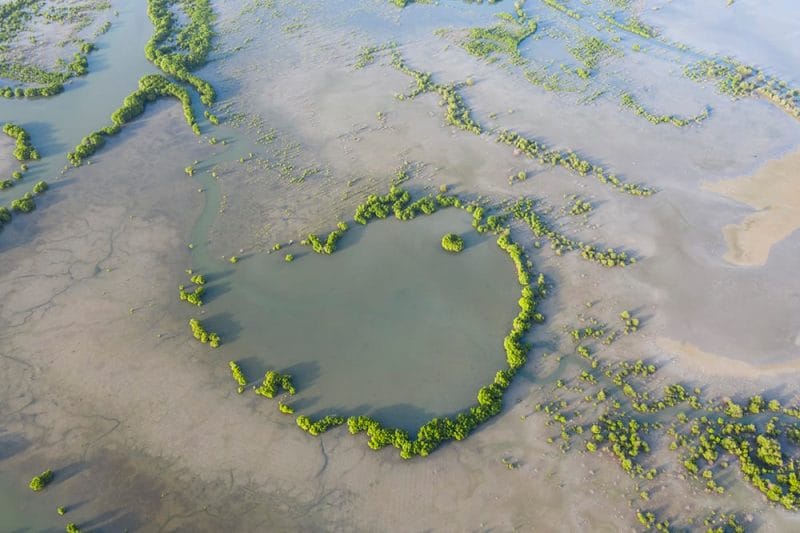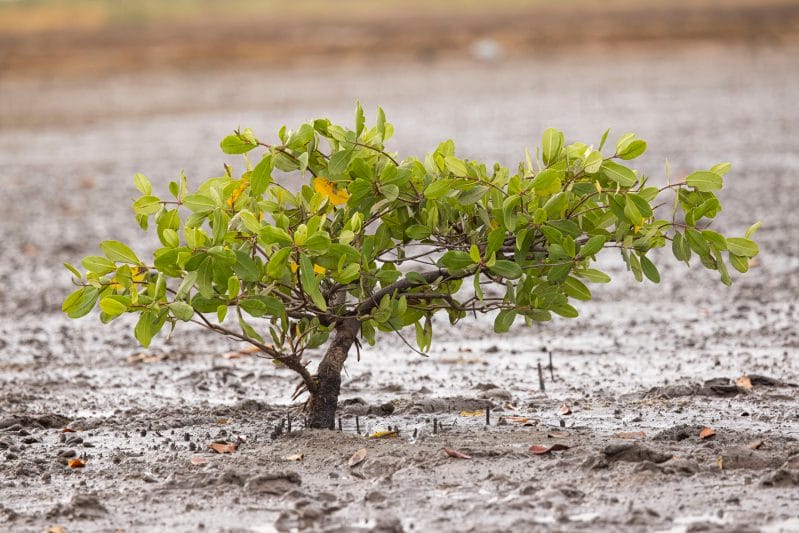A progressive forest law
The Brazilian Forest Code, first introduced in 1934 (with changes in 1965 and 2012) aims to protect rivers, soils and forests in private lands (or farms) in Brazil, and requires that some landowners have 20% of their lands covered by forests. Nowadays, 21 million hectares officially fall under this law, and if they were actually all restored, an estimated 9 gigatons of CO2 would be sequestered from the atmosphere.This equals the total emissions from China over the entire last year!
Ecologically sensitive areas belong to the society
The thought behind this is that the state considers riverbeds, freshwater springs and in general, ecologically sensitive areas property of the state and the society. Even if this area is located within someone’s private land, Brazilian law states that this person is allowed to use it, though it still ‘belongs’ to society and it therefore deserves to be protected or restored. The percentage of the total property that needs to be restored (or preserved, if the farm already has enough forests) according to the Forest Code depends on the total size of the property. If it is a large property, 20% needs to be restored, if small, a lower percentage is agreed upon. The definitions of ´large´ or ´small´ vary per county.
A passion for forestry
Due to this long-standing Forest Code, Brazilians tend to be passionate about restoration, according to Ricardo Cesar, country director for WeForest Brazil. Forest restoration has been a part of the lives of many Brazilians, as well as for universities and companies. This is why Brazil has a relatively well documented forestry history, keeping track of any changes over time. ´Did you know that Brazil has been sending Restoration Scientists to different parts of the world, amongst others Portuguese speaking countries in Africa? You might say knowledge on forestry, reforestation and nursery technology is becoming our new ´export product,´ jokes Ricardo.
Why work in Brazil then?
´Often people ask me why WeForest has projects in Brazil? If people are already reforesting on their own, why does an external organisation need to come in and reforest as well?´, says Ricardo. First of all, active reforestation is very expensive, so there is a need for knowledgeable and experienced partners to help them do this well. Therefore, people often get in touch with WeForest. We then also look at the areas where restoration can increase productivity. It is important to remember that WeForest does not work with large companies that just take projects ´because they have to do it for the law.´ We work with companies and partners that already have their restoration infrastructure in order, and that want to delve further than what the law requires them to do. Second, according to the Forest Code, land owners have 20 years to restore forested areas. Of course, we do not have this time, and thus WeForest works to speed up the process a bit.
A paper law
Unfortunately, as it often happens, the law turned out to be mostly a paper law and not as much of a law ´of the real world´: though some private landowners are working hard to restore patches of their land, a large majority of landowners are not actively restoring. ´Reasons for this are political instability and the fact that the law has seen too many changes over the years´, explains Ricardo. ´For example, in the past, the Brazilian government actually motivated deforestation to promote agricultural productivity and land tenure. So of course some farmers now say that first the government wanted them to deforest, and now they tell these same farmers to reforest´. The same way, changes to the Forest Code in 2012 reduced the area to be restored to 29 million hectares (the size of Guyana). Also, those that deforested before 2008 were forgiven of environmental crimes. Of course, the farmers that did invest in restoration efforts felt cheated by the government for following the law, as they could not convert restored forests to other land uses.
The current political changes will not affect our projects
January 1, 2019: Jair Bolsonaro was sworn into Brazilian presidency: a president that is known to not be on the side of environmentalists and conservationists. One of the strongest discussions of the new government is that restoration harms agricultural production. When in fact, only one percent of all croplands nationwide are in areas of mandatory restoration. And though many things will change in the upcoming years, Ricardo assures that the current WeForest projects in Brazil are very unlikely to be affected by the changes the president is making. ´Our partners are mostly non-federal public agencies, NGO´s, universities, private sector and especially land-owners. They have always been a strong driver of restoration in Brazil, and though there is the risk that the international funding for restoration projects will become less, we are planning on working harder than ever´.















